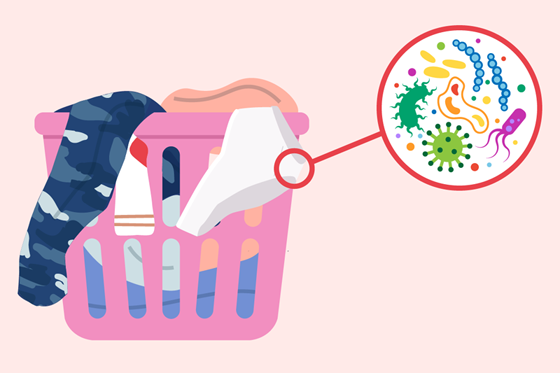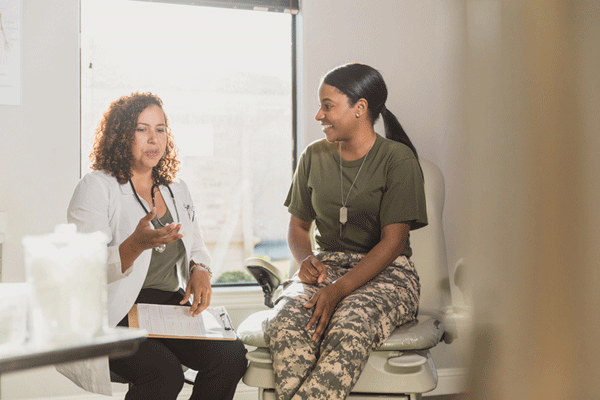Medically reviewed by Melody Nolan, M.D.
Urinary tract infections (UTIs) are painful, and about one in four women in the U.S. will get more than one UTI in her lifetime. UTIs can disrupt your daily life and make training and deployments even harder. Luckily, there are a few ways you can prevent UTIs.
Stay hydrated
Drinking more water — at least enough to make your urine clear or light yellow — can help prevent UTIs.

Consider your diet
One study following Taiwanese Buddhists for nine years found that a vegetarian diet led to lower risk of getting UTIs. It can be hard to eat green leafy vegetables safely while deployed, so bring some powdered greens with you.
Keep in mind that some foods and beverages can irritate your bladder and increase your chances of an infection. Cut back on caffeinated beverages, soda and energy drinks.
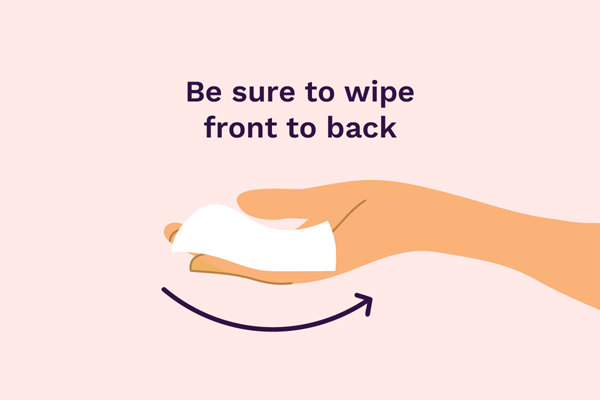
Pee when you have to pee — and always wipe front to back
It’s not always easy to find a clean, safe place to go to the bathroom, especially when you’re on a deployment, but holding in your pee for long periods of time increases your chances of getting a UTI. When you do go, make sure you always wipe from front to back to avoid spreading bad bacteria to your vagina. If clean facilities are an issue, make sure any wipes you use are unscented.
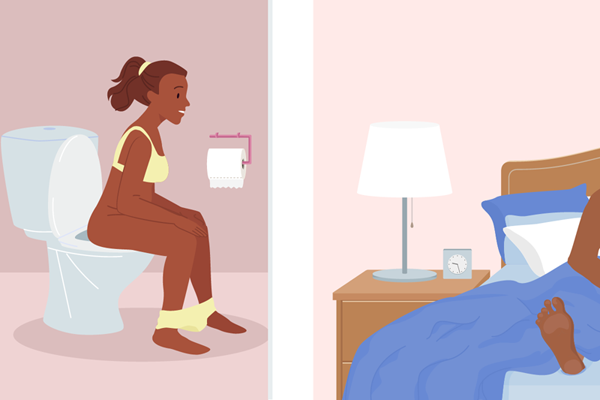
Always pee after having sex
When you have sex, bacteria can spread to your vagina and urinary tract. It’s best to pee within 30 minutes after any kind of sex — oral, anal or vaginal — so you can naturally flush out the harmful bacteria.
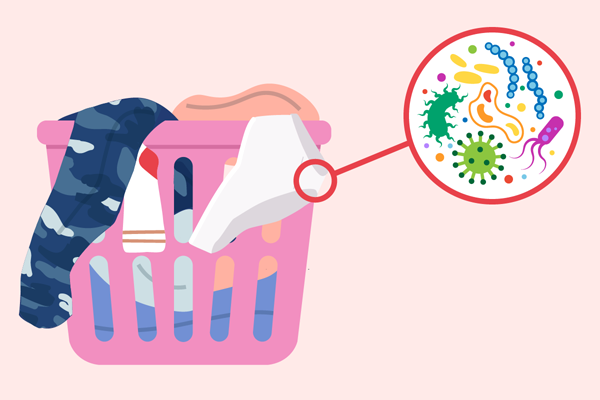
Stay dry
If you can, wear breathable, cotton underwear, and change out of wet or sweaty clothing as soon as you’re able. Loose-fitting clothes will also help keep you dry.


